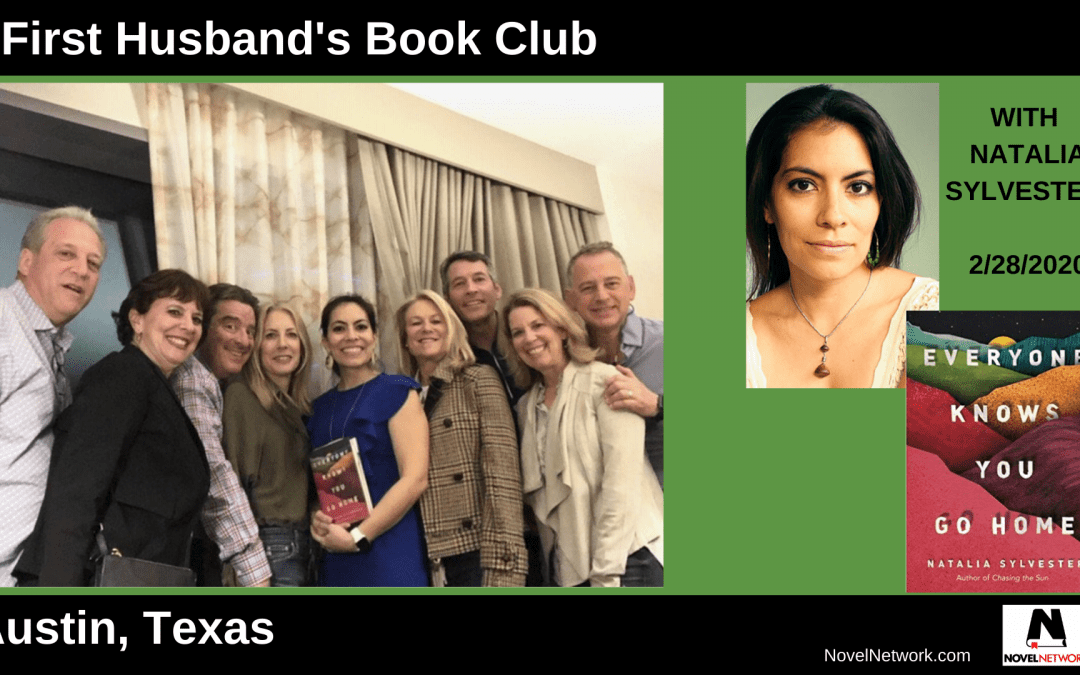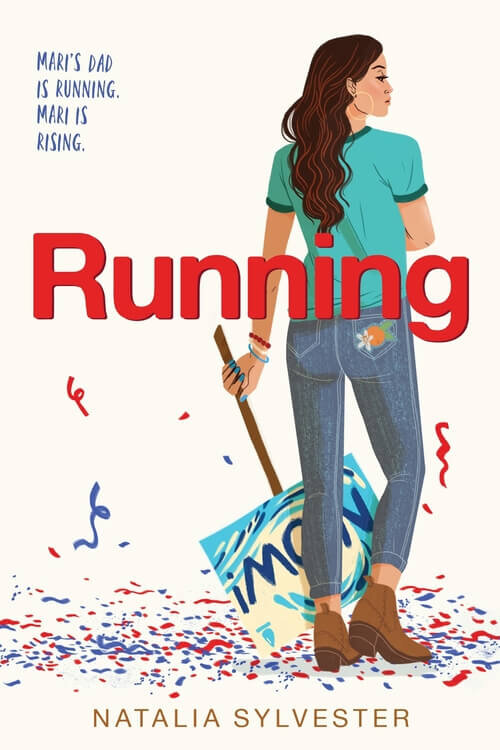

I choose not to understand is what she really meant.

“I don’t understand,” she kept saying, though the mother’s gestures transcended language. It was a small moment, but it speaks to how easy it would have been for the cashier to ignore a young Latina mother struggling to care for her child had there not been someone around to interpret. The air of judgment is one I’ve come to recognize: How dare this woman not speak English, how dare this other woman speak both English and Spanish. Even after I told the cashier what the woman was saying, her irritation was palpable. It wasn’t difficult to read the woman’s gestures - she was struggling to push her baby’s carriage while lugging the large box around the store. The cashier shook her head dismissively and said she didn’t understand. There was the young mother who wanted to know whether she could leave a cumbersome diaper bin aside at the register at Goodwill while she shopped. I’m most thankful that I can speak Spanish because it has allowed me to help others. That day has come to pass 30 years later in ordinary places like Goodwill, a Walmart parking lot, a Costco Tire Center. One day you’ll thank me, my mother retorted. My sister and I would let out exasperated sighs at having to repeat ourselves in Spanish, only to be interrupted by a correction of our grammar and vocabulary after every other word.

“No te entiendo,” my mother would say, shaking her head and shrugging in feigned confusion anytime we slipped into English. We both graduated from English as a second language lessons in record time as kindergartners and first graders, and we longed to play and talk and live in English as if it were a shiny new toy. Spanish was the only language we were allowed to speak in our one-bedroom apartment in Miami in the late 1980s. My parents refused to let my sister and me forget how to speak Spanish by pretending they didn’t understand when we spoke English.


 0 kommentar(er)
0 kommentar(er)
